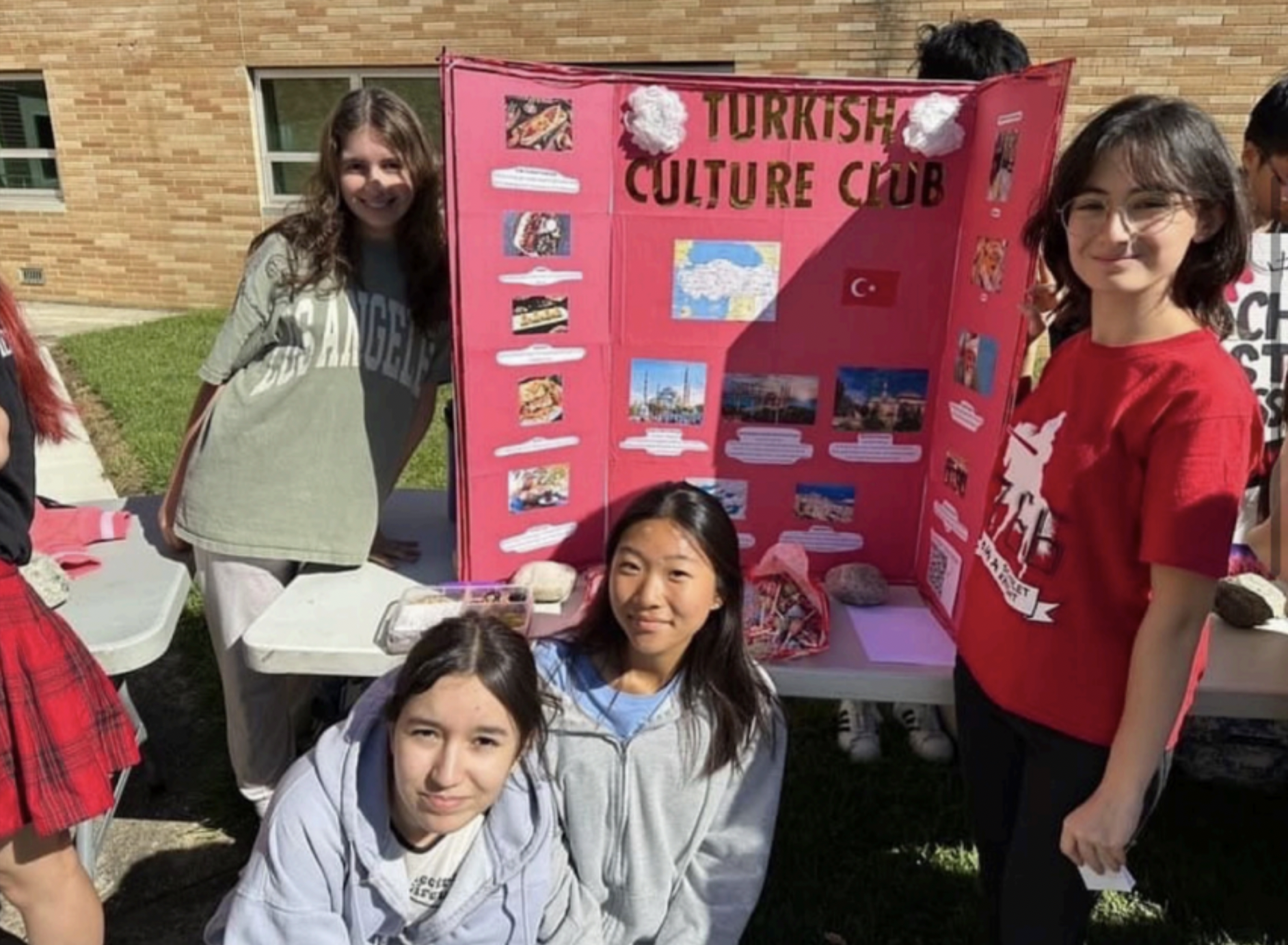Immigrants created, defined and maintained America. From the May- flower Puritans setting
foot on a new land, to the Italian-Americans charac- terizing a new urban era in the 1900s, the United States has always been a destination for expatriates and their descendants. For
the last few decades, a new group has been digging up their roots and setting them anew in the United States. Arriving at an in- creasing rate, Turks have established themselves as
a significant demographic group in the country, especially here at home in Cherry Hill.
Bera Bayrak (‘24)* is one such example. Bayrak is a Turkish immigrant who is privy to green card status. His residence, an apartment building near Marlton, is home to almost 25 Turkish families. With greetings and farewells echoing in his apartment lobby in Turkish, it is clear that this community has created a haven that both attracts and unifies the Turkish diaspora.
“The people here are very kind, they help out a lot, especially with the language barrier,” said Tunc Ersly (‘26)*, another recent Turkish immigrant to the country.
These voices and stories are undeniably gaining an increasing presence in the community. However, aside from the pull factor of the community built in the area, a push factor for the expatriates were the economic troubles in Turkey. The Turkish economy has taken significant hits in recent years, with inflation reaching 61.4% in October of this year.
“In Turkey, the rent nowadays is skyrocketing, and wages cannot cover for ordinary living expenses,”said Bayrak.
Still, not all new arrivals to the country are here for economic reasons. Last year, Eastside interviewed Omer Turanoglu and Cemal Bayrak (‘23)*, two im migrants to the United States of Turkish descent. Omer and Cemal came to the United States to avoid persecution from the country’s preeminent AK party and its authoritarian ruler, Recep Tayyip Erdogan.
Aside from modeday motivations for migration, the Turkish diaspora has had its influences in the foundations of United States history. A wave of immigration came between 1820 and 1920, as around 50,000 Turks arrived in the United States. Many of these immigrants changed their names and volunteered false ethnicities to immigration officials in a bid to avoid discrimination and prejudice; thus, the true exact amount of Turkish immigration to the United States in this era is hard to determine.
Additionally, throughout the 20th century, Turkish immigration to the United States continued to increase, with over 20,000 documented arrivals in the 1960s and 1970s. The 2019 United States Census Bureau estimated that over 200,000 ethnic Turks resided in the country. However, doubts have been raised as to the veracity of this number, as language and logistical barriers, along with elements of unwillingness to volunteer ethnicity openly, have stood as barriers to accurate surveys of the Turkish population in the country. According to the Assembly of Turkish American Associations, Unreached People Groups of Northern America and statements made by former Secretary of Commerce John Bryon, the true number of ethnic Turks in theUnited States may number anywhere from 350,000 to upwards of a million.
Alongside the many Turks who settled in the United States throughout history, expatriates in the Cherry Hill community express hope for the future and look at the United States positively.
Bayrak reiterated the gratitude he has for the United States and urges others to stop taking their community for granted.
“Look at the trees you have here around your school. Such a thing is impossible in Turkey. There’s so much land and space here,” said Bera.
Although mostly concentrated in the tri-state area, and especially in cities like Paterson and Clifton, New Jersey, a sizable number of Turks have made their homes in Cherry Hill and Greater Philadelphia. Like the immigrants who fought for America in the past, they too can and have been making an impact in building this community and country.
*Names changed to protect identity.


